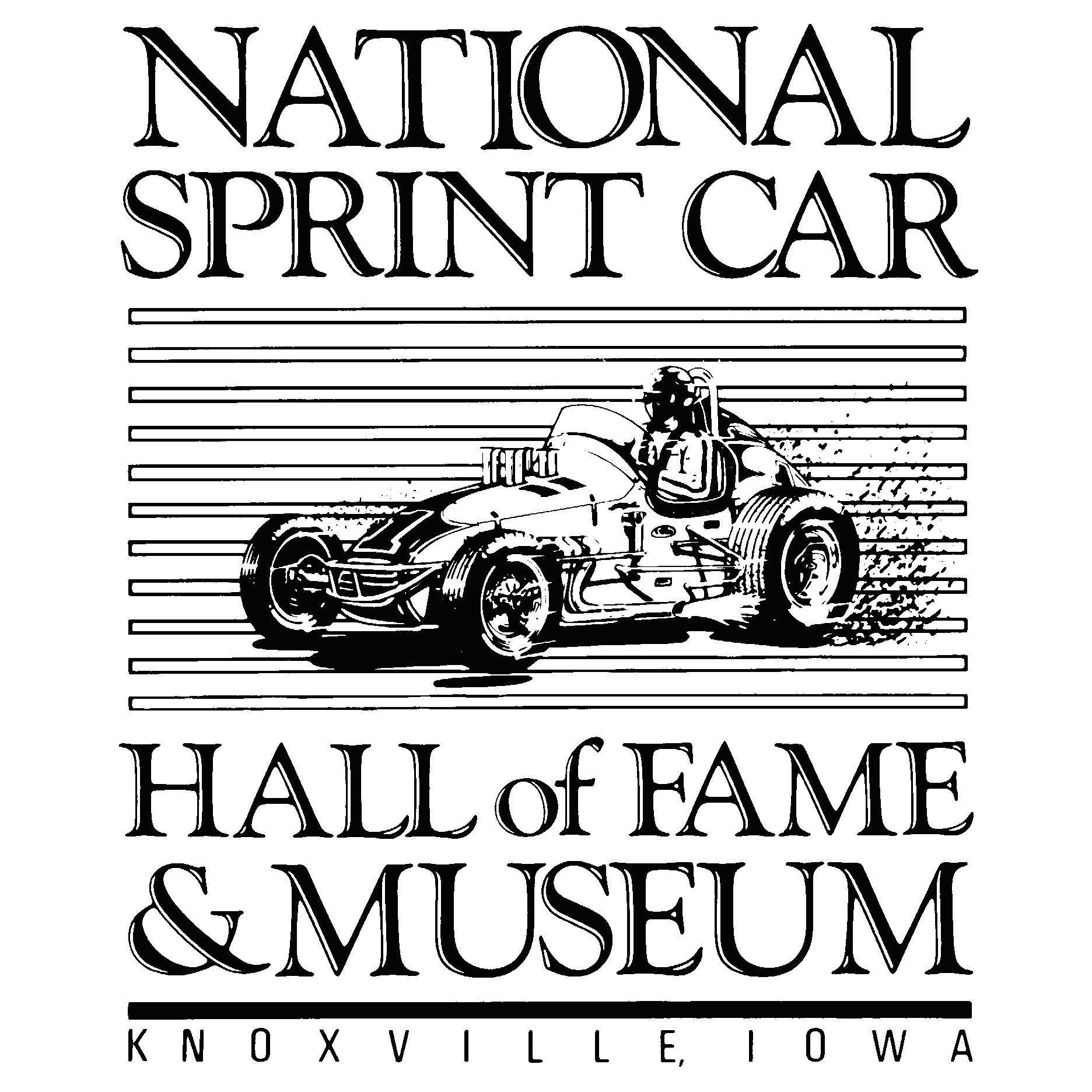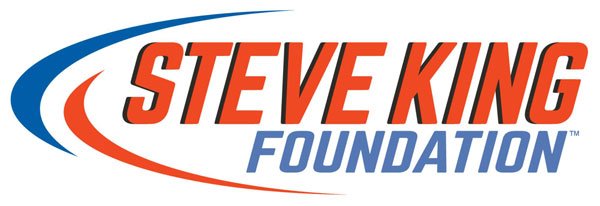Richard Childress Racing alliance is paying early dividends with Next Gen ride
Photo by Harold Hinson/HHP for Chevy Racing
Entering the 2022 season, Austin Dillon knew Richard Childress Racing had developed something special.
In addition to his teammate, Tyler Reddick, suddenly there were four Chevrolet Cup teams on the RCR campus in Welcome, N.C. Given RCR’s technical alliance with the newly formed Petty GMS group, based off-campus, there were suddenly six teams to draw data from.
Although the Daytona 500 can be an enigma of sorts, the results from Auto Club Speedway were not a fluke. Six Chevys finished in the top 10 in Sunday’s Wise Power 400. Three of those cars had connections to RCR including Dillon, whose second-place finish was his best result since the 2020 Southern 500.
Dillon was not alone. Reddick swept the first two stages. He led a race-high 90 laps—more than all laps combined in his previous 75 Cup starts. Unfortunately, a cut tire ended his stint at the front. The No. 8 team, which had enjoyed a remarkable day on pit road, had to settle for 24th-place.
Cup part-timer Daniel Hemric delivered Kaulig Racing’s first top-10 finish of 2022. Hemric’s ninth-place result was his third top-10 finish in 40 Cup starts.
And then there was Erik Jones. Before Sunday’s third-place finish, Jones had not enjoyed a top-five finish since leaving Joe Gibbs Racing at the end of the 2020 season. His previous best result behind the wheel of the No. 43 Richard Petty Motorsports Chevy—when the team was on the RCR campus but somewhat on an island of their own—was seventh at the Indianapolis Motor Speedway Road Course, one of just six top 10s last year.
Even a driver of Jones’ caliber could not be enough of a game-changer in the old car. The new partnership with GMS, combined with the addition of crew chief Dave Elenz and the Next Gen car, has resulted in two top-five finishes for Jones—fourth at the L.A. Coliseum in the Busch Light Clash and third in Fontana. Although Kyle Larson won the race on Sunday, Jones collected as many points (52) after finishing second in both stages and finishing on the podium. His driver rating of 122.7 topped the field.
“It’s awesome, but it’s frustrating too,” Jones said. “You’re that close and you have a car that you feel like can do it. The No. 43 FOCUSFactor Chevrolet definitely had it today. It was a matter of getting up front and taking advantage of clean air, and we did that a couple of times.
“A couple of restarts just didn’t go our way. I probably could have done a better job here and there, and it just didn’t add up. I just haven’t raced up front a lot in the last year and a half. There are some things I need to be better at. Hopefully, I have a lot of time to work on that. We want to keep running up front and if we keep doing that, we’re going to win some races.”
There’s no doubt that Jones can carry the No. 43 Chevrolet back to Victory Lane. Of the six drivers currently in the RCR consortium, Jones and Austin Dillon are the only multiple Cup winners. Jones' sixth-place in the Cup standings ranks highest among Chevrolet drivers.
Although Jones’ early experience with the Generation 7 car has been positive, the 25-year-old driver admits learning to adapt to the vehicle has been a challenge.
“The driving style is 100 percent different,” Jones said. “You cannot push the car as hard as you could and there’s just a really fine line of pushing it hard to make speed and really stepping over that line. And when you do, it’s hard to get it back.
“I don’t know how that’s going to change as the car develops and what goes forward with it. But it’s definitely the most challenging car I’ve driven in the Cup Series to this point.”
Certainly, the RCR alliance will have an advantage. After all, the Next Gen car was developed in Welcome by RCR in conjunction with NASCAR. Austin Dillon was the first driver to test the car, at Richmond in October 2019. Understanding the evolution of the car should pay early dividends to the organization.
Given the RCR group’s Next Gen knowledge, their power in numbers and the new $45 million General Motors Charlotte Technical coming to Concord, N.C., there’s reason for optimism.
“There are multiple ways to look at it,” Dillon said. “From a driving standpoint, I think that we get to bring in more minds to think about this new car. With Kaulig Racing and Petty GMS, I think it does elevate us as a whole. We are just bigger and better together. I think that is the approach we have to take, especially with the new car and trying to learn as much as we can, as fast as we can.
“But Chevrolet as a whole is doing a lot right now. I think Chevrolet is where a lot of the focus should be, they are putting a huge campus together near Hendrick Motorsports and the ability to bring a lot of simulators in there and get us more time on the simulators. I know that Tyler and I are constantly fighting for time to get on the simulators and learn. And I feel like they are doing a really good job with that. That is an advantage where Chevrolet is taking the next step and, I feel like, in investing in our teams.”

.png)





